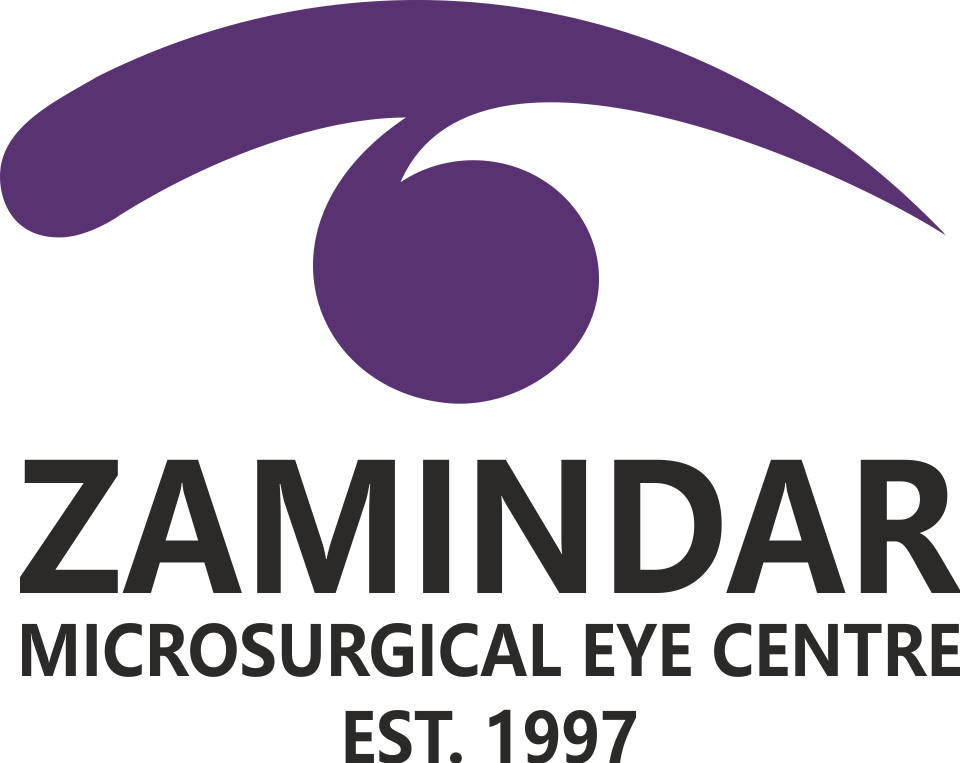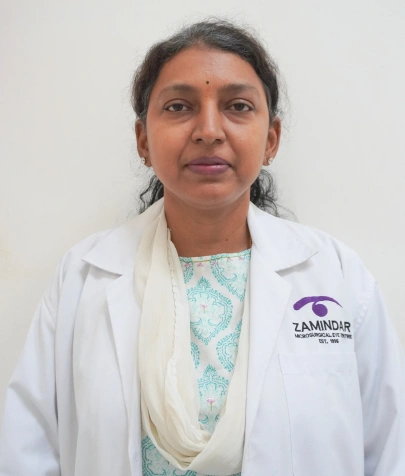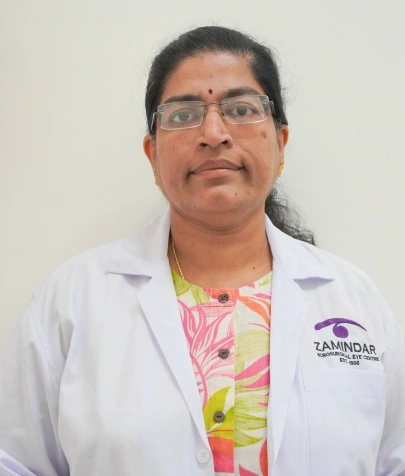
In today’s digital age, children are exposed to screens more than ever before. Smartphones, tablets, laptops, and TVs have become integral parts of their daily routines. While these devices offer educational and entertainment benefits, excessive screen time has raised significant concerns regarding its impact on children’s development and vision. Two critical areas of concern are developmental delays and the rising cases of myopia among children.
Developmental Delays Linked to Prolonged Screen Time
A study published in JAMA Pediatrics by researchers from Japan’s Tohoku University examined the effects of prolonged screen time on children. The study involved 7,097 children aged one year, assessing their daily screen time exposure. The findings revealed that:
- 49% of the children had less than 1 hour of screen time daily.
- 30% had 1 to less than 2 hours.
- 18% had 2 to less than 4 hours.
- 4% had four or more hours.
This study was initiated due to recent evidence from the World Health Organization and the American Academy of Pediatrics. Their research indicates that only a small percentage of children adhere to the recommended screen time limits. These guidelines are established to ensure children participate in enough physical activities and social interactions, which are crucial for their healthy development. The concern is that most children are not meeting these standards, potentially impacting their overall well-being.
The study concluded that longer screen time at one year was associated with a higher risk of developmental delays. The researchers assessed the children’s communication skills by observing how often they vocalised and understood their gross motor skills by examining their arm, body, and leg movements.
Children under two are particularly vulnerable as they grasp information quickly. Prolonged screen time can reduce opportunities for physical movement, disrupt sleep patterns, and contribute to attention problems.
Excessive Screen Time & Myopia in Children
In addition to developmental delays, excessive screen time has been recognised as a leading cause of nearsightedness, or myopia among children. With the increase in digital device usage, kids spend more time indoors, significantly reducing their outdoor activities, which are essential for healthy vision development.
Myopia has seen a severe surge globally, and studies have found a direct correlation between prolonged screen exposure and the progression of myopia. Children engrossed in their devices often do not understand the long-term effects on their vision. The constant focus on screens can cause eyeball elongation, leading to myopia.
Alarming Statistics and the Need for Early Intervention
A 2020 article estimated that myopia prevalence could reach 52% globally within the next three decades. In India, there has been a steady increase in cases of myopia among children, particularly in urban areas. 8.5% of children in urban areas and 6.1% in rural areas are myopic. Additionally, over 13% of school-going children in India have become short-sighted, with cases doubling in the last decade due to excessive gadget use. It underscores the urgent need for regular eye checkups and measures to reduce screen time among children.
Recommendations for Parents
To mitigate these risks, early detection and timely intervention are crucial.
Here are some recommendations:
- Limit Screen Time: Restrict children’s screen time and ensure it is balanced with plenty of outdoor play.
- Encourage Outdoor Activities: Outdoor play is essential for physical and visual health. Encourage children to spend more time outside.
- Monitor Screen Use: Be mindful of the content and duration of screen exposure. Educational content should be prioritised, and breaks should be taken frequently.
- Regular Eye Checkups: Schedule regular eye examinations to detect early signs of myopia or other vision problems. Ask ChatGPT
Zamindar Microsurgical Eye Centre offers comprehensive eye checkups for children. Regular checkups help identify issues such as myopia, astigmatism, and other visual impairments early on, ensuring timely treatment and better eye health outcomes for your child.
As responsible adults, it is time to lead by example and limit screen time. Remember, excessive screen time not only increases the risk of myopia but also can make children socially reclusive. It’s time to get those picnic mats and board games out. Sunlight, healthy food, reading hardcopy books, and reducing mobile device use will be game-changers.
Conclusion
Exposing children to prolonged screen time can have long-term effects on their development and vision. The increase in screen time has been linked to developmental delays and a significant rise in cases of myopia among children. By understanding the risks and taking proactive steps, parents can help safeguard their children’s health.
Subscribe to our YouTube channel for more videos related to Myopia and Eye Health.













